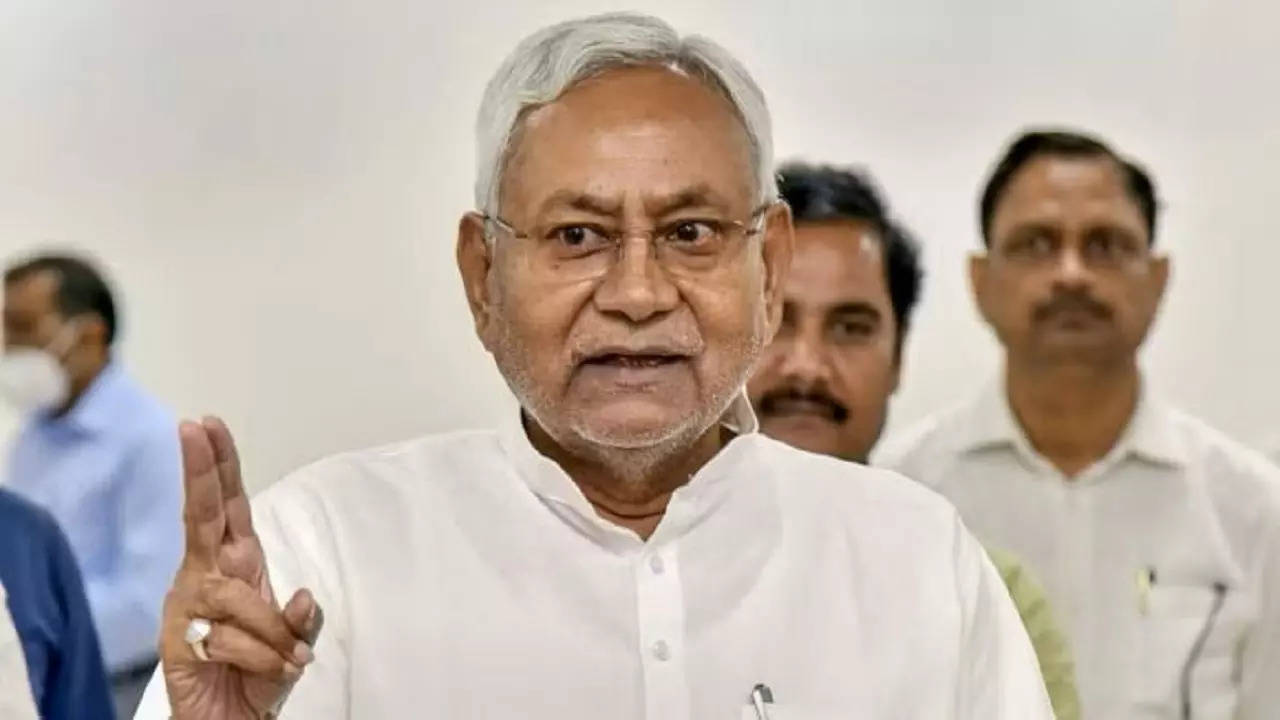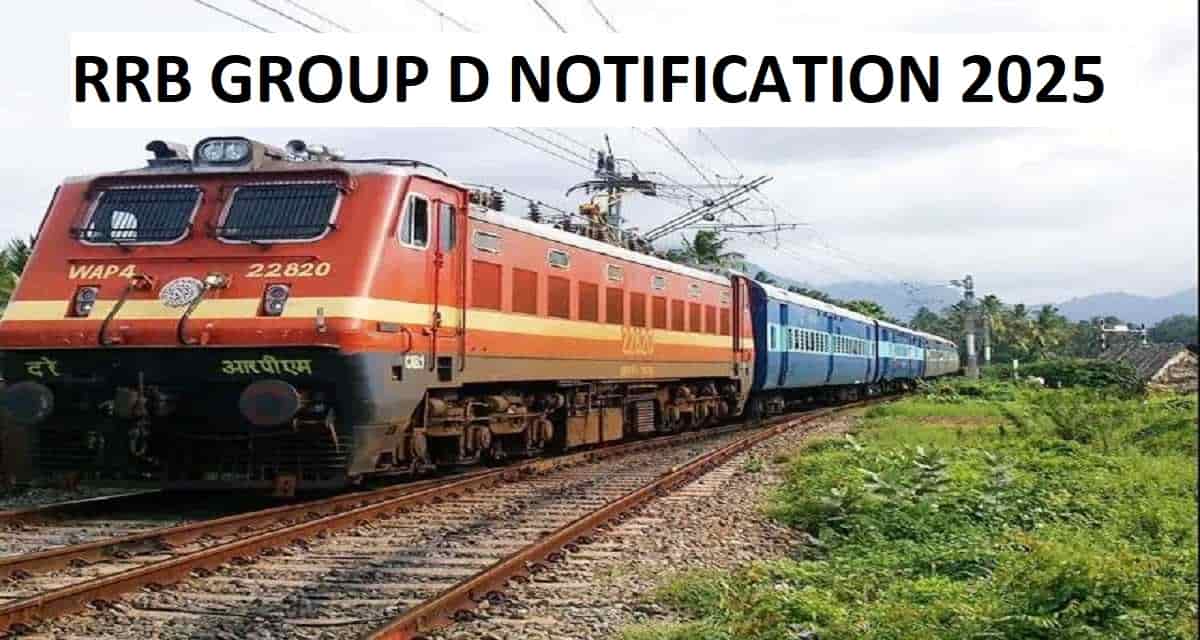In the recent past, political alliances in India have undergone significant changes, especially in states like Manipur. The Janata Dal (United) [JD(U)], a key constituent of the National Democratic Alliance (NDA), grabbed headlines when it formally withdrew its support to the BJP-led government in Manipur. This changed the political scenario and raised questions about the stability of the ruling alliance.
The Context of the Withdrawal
The decision by the JD(U) came as quite a shock many would say so, considering this party had been associating itself so far with the BJP and now declared an MLA from their party, one Md Abdul Nasir, as an Opposition representative. The state of Manipur is considered part of the nation’s northeast. Since the JD(U) had united with the INDIA bloc-which was declared in August of 2022-it signalled a potential course correction on part of the party over its ideological orientations.
The Role of Party Leadership
However, this move was not without controversy. JD(U) national spokesperson Rajeev Ranjan Prasad labeled the withdrawal as ‘misleading and baseless,’ asserting that the decision was made unilaterally by the party’s Manipur unit president. He emphasized that the central leadership had not authorized any withdrawal of support and described the actions of the local leadership as indiscipline. Such internal disputes highlight the challenges political parties face in maintaining cohesive strategies across different regions.
Historical Precedents and Political Dynamics
Political shifts have been a frequent phenomenon in the Indian states of Manipur; allegiance can quickly shift from one party to another. In the last assembly elections conducted in 2022, JD(U) had won six seats, five of which subsequently switched allegiance to the BJP. This is but one of many such phenomena associated with Indian politics, where it is not uncommon for leaders to jump ship and attach themselves to the ruling party either to get better development funds or ensure political survival.
The Implications for Governance
Despite JD(U)’s withdrawal, the BJP government, led by Chief Minister N Biren Singh, appears to continue to enjoy an overwhelming majority in the 60-member assembly. The BJP boasts 37 MLAs, to which five members of the allied Naga People’s Front and three independents add muscle. This implies that, for the short run at least, the government is not likely to see any immediate threat to its stability in the near term. However, internal fissures within allied groups like JD(U) are expected to cause botherations in running the government or implementing policies.
The Future of JD(U) in Manipur: An Outlook
Following the dismissal of its Manipur chief, Ksh Biren Singh, on account of his unilateral decision to withdraw support to the NDA, the question now arises whether this will shape the party’s future in the state. After all, JD(U) faces an election in Bihar and will also have to ride out these machinations as politics continues.
Conclusion
In conclusion, the withdrawal of support by JD(U) in Manipur is not just a political maneuver; it reflects deeper issues of party unity and strategic alignment in Indian politics. As parties continue to jockey for position, the implications for governance and political stability remain to be seen. For citizens and political observers alike, understanding these dynamics is essential to grasping the ever-evolving landscape of Indian politics.










